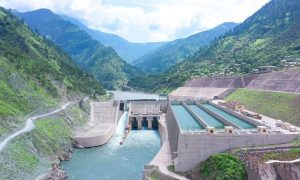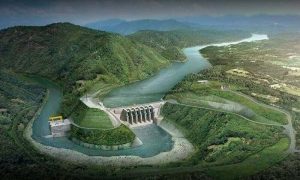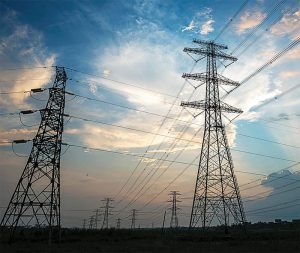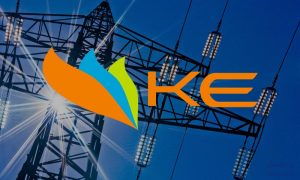By Mr. Umair Nabeel, Renewable Energy and Environment Entrepreneur
As I begin to draft the fourth article, I feel we’ve more or less reached that junction where “what’s in it for Pakistan”, a thought/argument should explored, in detail. So this article will be a mix of updates from the world of EVs from around the globe coupled with opinions, suggestions and analysis strictly focused on one thing, “what’s in it for Pakistan”.
Our CPEC partners China, is currently home to Tesla’s “Giga Factory III”. Not just that, China itself accounts for the single biggest EV market in terms of EV sales. Furthermore, some of Tesla’s potential competitors like Nio, established in 2014 backed by leading Chinese tech giants is again, another ever present right at our doorstep. It is considered as the closest premium priced manufacturer to Tesla, major reason probably being the deployment/on road EVs. BJEV (Beijing Electric Vehicle Marketing Co.ltd), China’s biggest manufacturer of EVs is another name which comes to mind. Now this represents a massive opportunity right at our doorstep which will address and play the role of a catalyst in tackling some of our major woes. Job creation (qualitative), local economic activity, air pollution, climate change targets. The special economic zones being developed along the CPEC route can be utilized for laying the foundation and phased development of this industry. Another key point which is equally important. Lithium-ion batteries are a core and key component of EVs. And R&D is an ongoing process of this technology. If examples like ITP Australia, a dedicated li-ion battery testing center and RWTH Aachen University, Germany are followed, starting from university level all the way to commercial R&D units, more related research based job opportunities, on the academic front as well as commercial ventures can be created.
A quick look at some interesting news from around the globe on EVs. A major shift from ICE vehicles to EVs has started to gather pace in the fleets and taxi/cab industry. Up till now, Amazon backed Rivian was the only major initiative where Amazon committed to go all out green when it comes to their existing delivery system. Now Uber has stepped in, committed itself to a complete shift of its fleet of cabs around the world to EVs by 2030. Flipkart, India’s largest online retailer has also stepped in and made a similar pledge.
Battery swap business models are also gathering pace. More specifically for two and three wheel vehicles, which in developing countries are a very common site. Currently China, Kenya and India seem to be the countries steering ahead in this stream. “Lucid Motors”, is amongst the latest entries to the EV industry with their first EV, “Lucid Air”. I’ve mentioned this particular company since it’s backed by our Gulf partner Saudi Arabia through its Saudi PIF. It has put its first car on the road, primarily as a road show/test strategy, just like other manufacturers putting on display its USPs if I can put it that way. More the merrier but a long way to go if we compare to the pioneer, innovator Tesla whose sales of EVs in H1 2020 accounted for 28% of global EV sales. Norway, the oil rich Scandinavian country as per latest published data now has the largest share of BEV (battery electric vehicle) as a percentage of its entire auto industry, standing at approximately 50% through to June 2020.
Concluding this article, I wish to emphasize that electric vehicles, the industry itself has science, engineering and technology at its core. It’s a bedrock principle. That in part is what I’ve tried to establish in this article and I hope the mix and match of global news with some commentary has managed to establish a sense and direction of the core thought behind this article “WHAT’S IN IT FOR PAKISTAN”.








